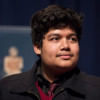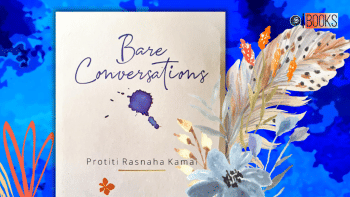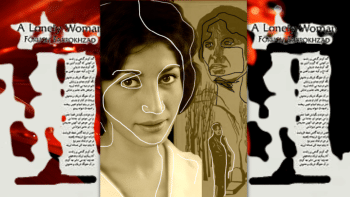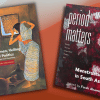Abdus Selim’s poetry compilation of the ‘60s is a time machine

Why do we read poetry, especially when they come from a time that is not ours?
Possibly because the poems left a mark in the fabric of the time they represent—marks that are still there. They cause a stir in our minds still, even after more than 80 years of their passing. They force us to think whether or not our imaginary infrastructures are capable of continuously collapsing and rebuilding under the rigours of great poetry.
The book in question, translated and compiled by the academic, writer and translator Abdus Selim, presents poems from some very well known names such as Nirmalendu Goon, Mahadev Saha, Abdul Mannan Syed, Rafiq Azad, Abul Hasan and many others. He has also included poems by Suraiya Khanum and Ruby Rahman. I cannot but feel that gender-diversity could be taken further into consideration here—maybe the compiler could have made some more room for non-male poets.
Regardless, Abdus Selim's translation is excellent. When I read his translation of "Jibananander Kaak" (Jibananda's Crow), I do not feel lost for having never read the original in Bangla. I follow the metaphors and I follow the trail of blood left by the crow which emerged from a dead poet's gushing throat. When I read "The Wound", the translator does not attempt to forcibly translate untranslatable phrases like rakta-tilak; instead he adds a note that leads the author to the back pages where a glossary of such terms is available.
This flow of language and the beautiful organisation of the book are surely enough to attract aficionados of poetry in any language.
Another feature that I admired in the book is the index of first lines that comes at the very end of the book. This is very helpful for readers who want to browse at a glance and choose a poem which has an interesting opening. Reading this index led me to "Erosion of Sorrow", a beautiful poem by Abul Hasan, the legendary poet of melancholy. I am breaking from the inside all the time, and the things around me are breaking as well. As a young-ish adult, I feel that as age grows, erosion grows with it. Kabir puts this idea in his beautiful poem and Selim writes the English last verse with such language that the second exclamation mark (even if it is a typo) feels deserving. "The favour of fortune loses gradually!!", he writes.
Abdus Selim's translation and compilation is a time machine for all of us living in the new age, where poems have become much neutered. How many poets living today can start a poem saying "There is no problem at all", like Mohammad Rafiq does, and then go on to list all the problems in such a satirical way that the readers are forced to realise what is really wrong with their society. This is politically charged poetry aimed at exposing society's ills.
Anupam Debashis Roy is a member of the editorial team at The Daily Star.

 For all latest news, follow The Daily Star's Google News channel.
For all latest news, follow The Daily Star's Google News channel. 











Comments